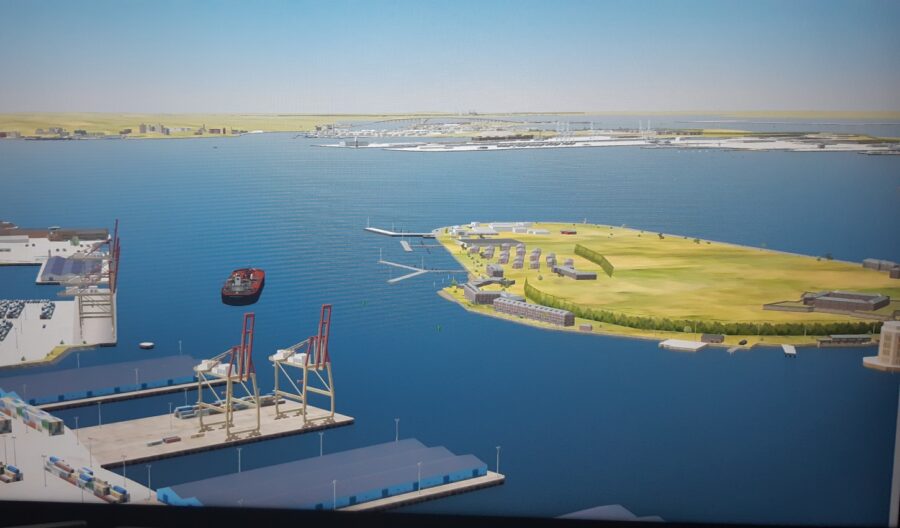OVERALL AIM
The aim of this Training Course is to provide Masters, Chief Engineers and Chief Officers (commonly assigned to undertake or contribute in the investigation of an incident) with the necessary knowledge of incident investigation and analysis’ process.
All steps, from the initial reporting of an incident, collection of data and evidence, analysis according to existing methodologies, up to the identification of causal factors will be presented in detail, assisted by case studies and practical exercises.
LEARNING OBJECTIVES
Those who have successfully completed the course will be able to:
- to carry out and/or contribute to an investigation of a marine incident, when onboard or ashore.
- collect and preserve information and evidence, interview crew members or 3rd parties and analyze the available data by using certain techniques (M-SCAT) and
- identify the relationship between cause and effect, and assess the root and immediate causes of an incident.
TEACHING AIDS
Reference will be made to:
- IMO Model Course 3.11 “Safety Investigation into Marine Casualties and Marine Incidents” (2014)
- M-SCAT (Marine Systematic Cause Analysis Technique)
- MSC-MEPC.3/Circular 4/Revision 1: Reports on Marine Casualties and Incidents – Revised Harmonized Reporting Procedures – Reports required under SOLAS and MARPOL Regulations
- Chapter 10 – SQHEMS Manual “Non-Conformities, Observations, Near-Misses, Complaints – Corrective and Preventive Actions and Incident Investigation”
- IMO Code for the Investigation of Marine Casualties and Incidents, as amended.
